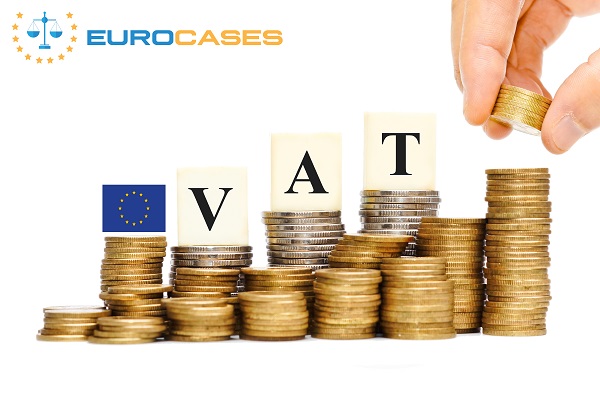

27.07.2016
On 21st June 2016 the European Court of Justice (ECJ), which was requested under Article 267 TFEU, delivered its ruling concerning the linguistic regime of VAT invoices in Belgium.
Following the Advocate General’s opinion (http://eur-lex.europa.eu/legal- content/EN/TXT/HTML/?uri=CELEX:62015CC0015&from=FR) the ECJ ruled that EU law precluded national legislation imposing the use of the Dutch language, official language in the Dutch-speaking region in Belgium (the Flemish Community), as it constituted a restriction to the free movement of goods.
In the present case, a Belgian company, established in the Flemish region, concluded an export contract with an Italian undertaking. The contract, the VAT invoices and the General terms and conditions were written in Italian, while the Flemish regulation required every undertaking to draw up all the details in Dutch, the official regional language. A dispute arose between the contracting parties and the Commercial court in Ghent (Belgium), which had to rule over the validity of the Italian-language invoices, referred a preliminary question to the ECJ.
After having highlighted that the VAT harmonization was only gradual and partial and that Member States were free to impose specific language requirements, the ECJ admitted that a national legislation, such as in the main proceedings, could constitute a restriction to the free movement of goods. Firstly, it deprived traders of the possibility of choosing freely a language which they were both able to understand. Secondly, it increased the risk of disputes and non-payment of invoices, since the recipients of those invoices could be encouraged to rely on their actual or alleged inability to understand the invoices.
Furthermore, the ECJ found that the need to encourage the use of the official regional language and the need to protect the effectiveness of fiscal supervision, which were already recognised as objectives of general interest, could not in the present case justify the Flemish restrictive regulation as there were other, less restrictive possible measures.
Source: ECJ, 21 June 2016, New Valmar BVBA v/ Global Pharmacies Partner Health Srl, case C-15/15 http://eur-lex.europa.eu/legal-content/EN/ALL/?uri=CELEX:62015CN0015
for account per year
For full pricelist see here
Buy now Free trial